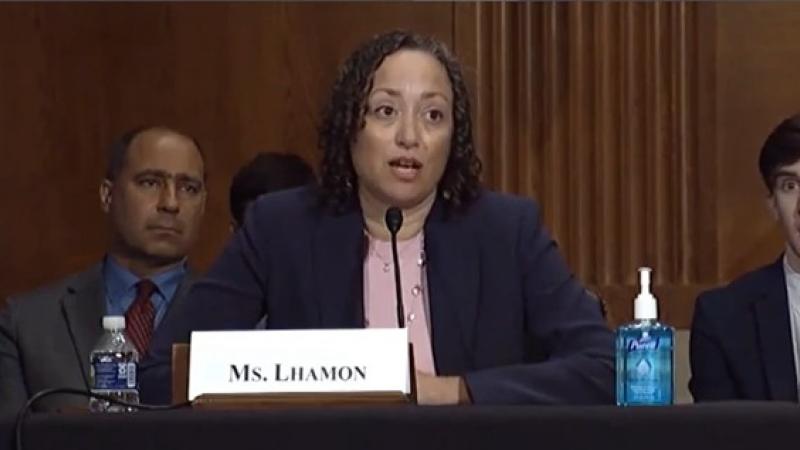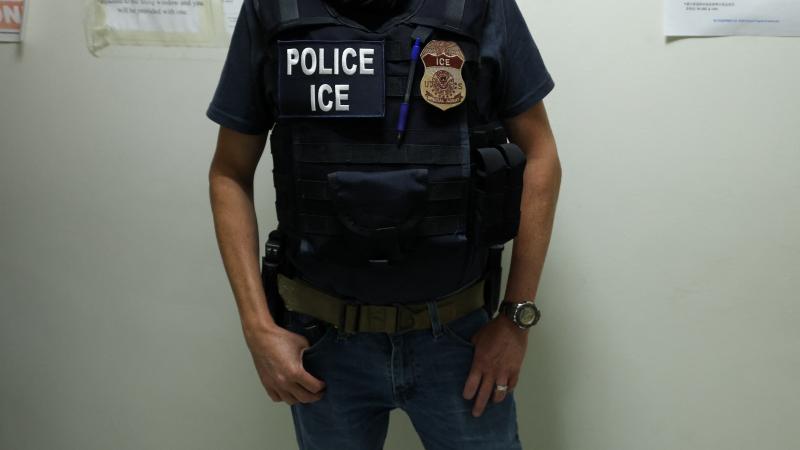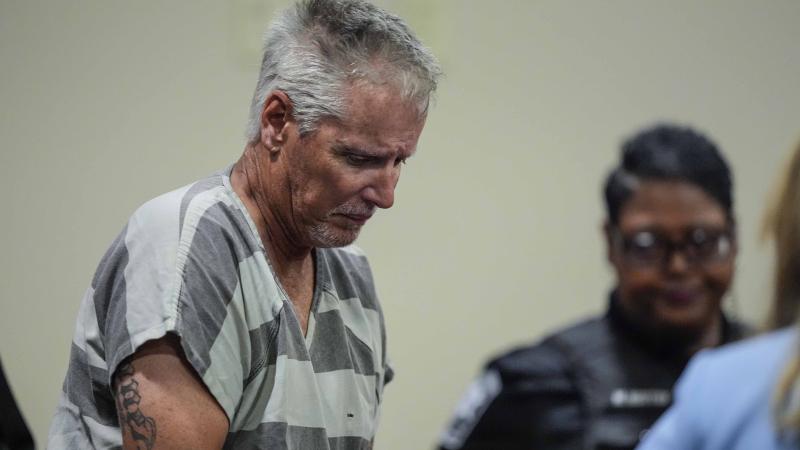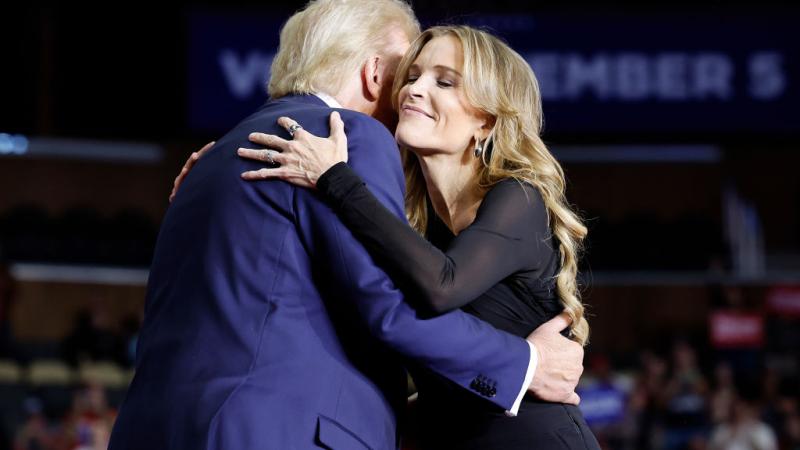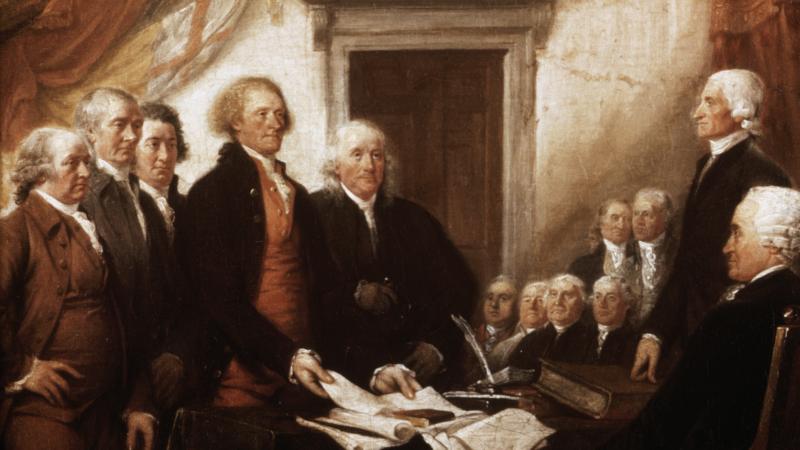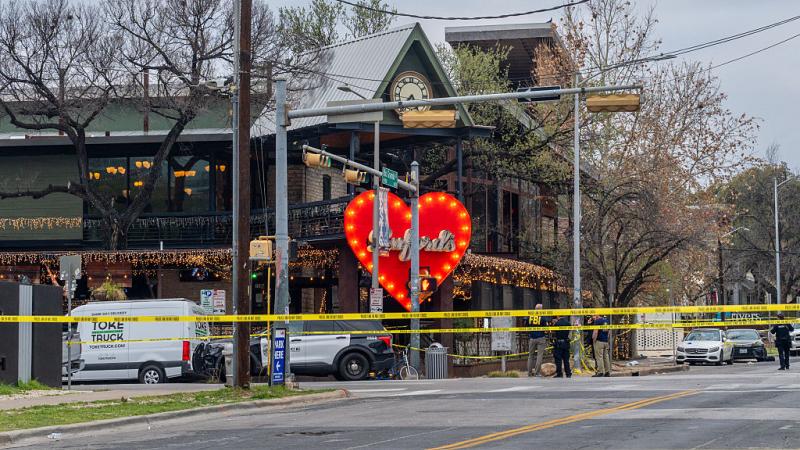FBI whistleblower resigns from bureau, warns Congress about dangers of case 'quota system'
Bureau is "setting metrics for itself, setting a quota and pressuring its workforce to meet that quota," Agent Steve Friend told Just the News.
An FBI whistleblower has divulged to Congress that the bureau has created a case quota system that can incentivize agents to pursue frivolous cases or delay action on real crimes to attain statistical goals.
Steve Friend, a special agent and former SWAT team member who blew the whistle on alleged civil liberties violations in the Jan. 6 investigation, told Just the News on Thursday that he resigned from the bureau this week and gave the House Judiciary Committee an extensive interview detailing his concerns about the politicization of criminal cases and the growing manipulation of investigations to attain statistical and budget goals.
Friend said he made the decision to leave the bureau after he had been denied a paycheck for 150 straight days as his security clearance was placed under review after he made protected whistleblower disclosures. The denial of pay, he said, came even though he was never accused formally of any wrongdoing or subjected to any formal disciplinary action.
"The FBI had weaponized the security clearance revocation process in order to essentially try to wait me out financially," he said in an interview on the John Solomon Reports podcast. "You know, I was in a position where I had some personal savings and was able to survive. But at the end of the day, you know, I'm a married father of two small children. I have to support my family."
Friend said he has accepted a job at a private nonprofit that will be conducting investigations of the FBI. "I just had to take that opportunity and, you know, continue my efforts to reform the FBI from the outside," he said.
Friend gained national attention last year when he filed whistleblower allegations that the FBI engaged in civil liberties violations against some Jan. 6 defendants, like using SWAT teams unnecessarily to make arrests on nonviolent misdemeanor defendants. He acknowledged refusing to participate in some of the Jan. 6 investigations in Florida because of his concerns.
Friend supports other whistleblowers who have gone to Congress saying some cases were being opened on Jan. 6 defendants simply to gin up statistics that would make it look like America has a more serious domestic terrorism problem than it does. He said he related his story to House Judiciary Committee Chairman Jim Jordan's investigators on Wednesday,
"The crux of my contention with the Jan. 6 case management practices," he told Just the News, "is where we took one incident and opened separate cases for each individual who was alleged to have been involved at the Capitol that day, and then had them open [cases] around the country to generate this statistical narrative to make it look like domestic terrorism is on the rise, and it's around the nation. And that's just simply not true."
The FBI did not immediately respond to a request for comment Thursday, but previously, the bureau told Just the News that it follows a fair disciplinary process.
"While we cannot comment on the specifics of personnel matters, all FBI employees understand they are held to the highest standards because their work is critical to fulfilling our mission of protecting the American people and upholding the Constitution of the United States," the FBI statement said.
"Employees who don't carry out their responsibilities are held accountable through an objective administrative process," the statement continued. "FBI employees who report evidence of wrongdoing through a protected disclosure are protected from retaliation. Such reporting supports the FBI's mission and is fully consistent with our core values."
Friend said he spent significant time describing how the bureau's case management system has essentially created a quota system for the crimes the FBI most wants to investigate. The bureau's integrated program management system "essentially involves the FBI setting metrics for itself, setting a quota and pressuring its workforce to meet that quota," he alleged.
The danger, he said, is that agents might feel compelled to open a case on flimsy evidence simply to meet a data goal. Other times, he said, agents have been asked to delay opening a case to push the statistical reporting ahead into a new fiscal year.
"Another aspect of this that I think is worth noting is even if crimes are righteous and worthy of being investigated, the quota system incentivizes you to change your tempo of your investigation," he explained, "I had a personal experience where I was told to delay indictments of subjects, because we'd already met our quota for the year, we wanted those numbers to count to the next fiscal year."
Friend said he also fears the bureau's management is trying to impose liberal ideology, recounting an incident in which a biological female intern suddenly came in one day asking to be treated as a male and agents were "supposed to move along with that."
"In my experience, certainly within the ranks of the management, in the leadership structure, the FBI tends to be a lot more politically left-leaning," he said.

